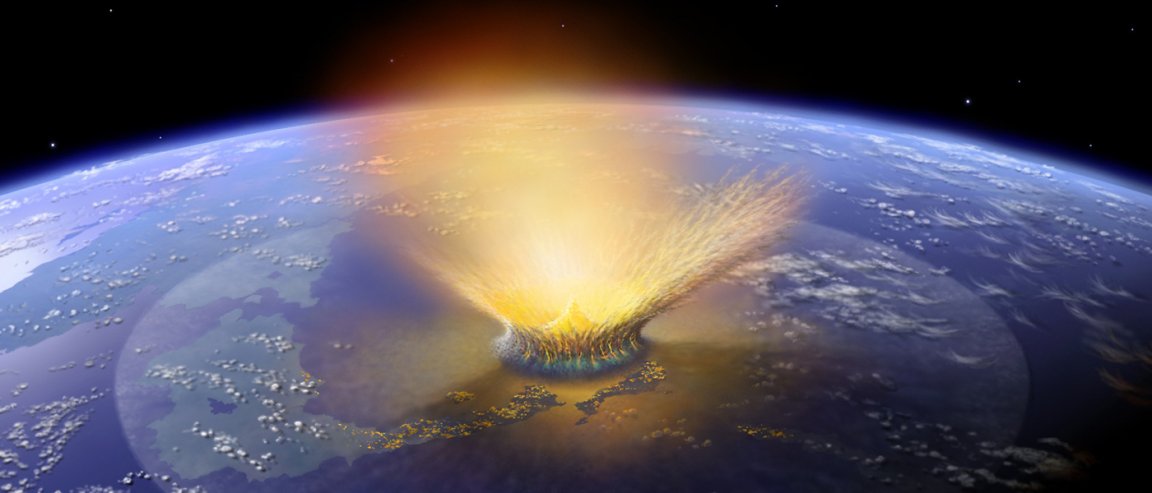
IT HAPPENED BEFORE, IT CAN HAPPEN AGAIN
An asteroid impact is still the prime culprit behind the dinosaurs’ extinction. Since then, asteroids have done a good job of avoiding the Earth.
We can’t be that lucky forever though, right? Should we ready ourselves for similar disasters? After all, asteroids still find their way here and manage to pass through our atmosphere, causing major damage.
In 1908, a meteorite explosion occurred near the Tunguska River in Russia. The impact didn’t kill any humans, but cleared 2,070 square kilometers (800 square miles) of the Siberian forests. A more recent explosion happened last 2013 in Chelyabinsk city in Russia. The meteorite fell on a populated area, injuring about 1,200 people
These events are rare and are unlikely to happen again any time soon, but it does pay to be ready.
NO NEED TO PANIC

John Holdren, director of the White House’s Office of Science and Technology Policy, shared that NASA is on the lookout for the asteroids that are most likely to hit the earth. “We are not fully prepared, but we are on a trajectory to get much more so,” says Holdren.
By 2021, NASA aims to launch the Asteroid Redirect Mission (ARM), a robotic mission sending a space probe to visit a near-Earth asteroid. The robotic probe will explore the asteroid and look for the best way to change its path, aiming to send the asteroid orbiting our moon. Upon returning to Earth, the probe will bring with it samples of the asteroid for more studies.
The ARM cost $1.25 billion. But it’s all worth it if we can learn more about how to deal with meteor explosions, however rare they maybe. “If we are going to be as capable a civilization as our technology allows, we need to be prepared for even those rare events, because they could do a lot of damage to the Earth,” says Holdren.
Essentially, we have to be smarter than the dinosaurs.